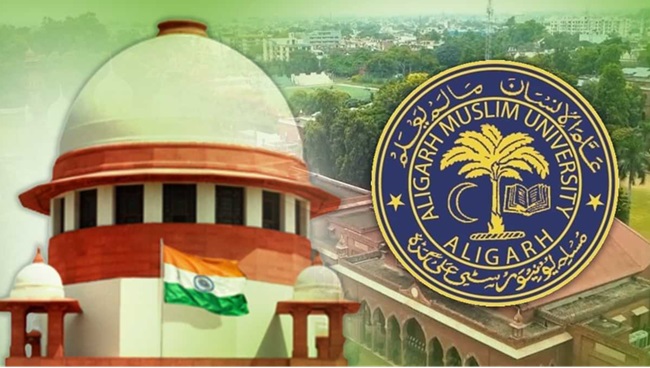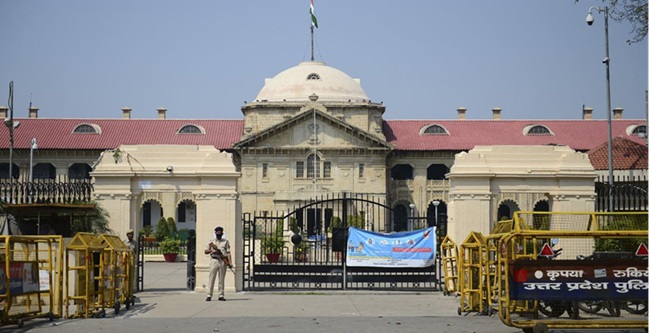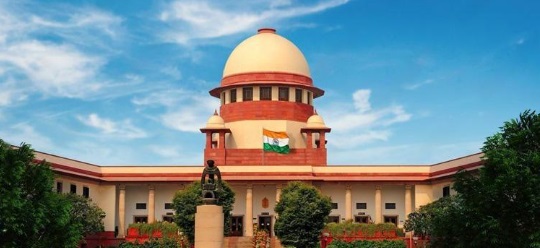-
- All Courses
- Classroom Courses
- Mentorship Program
- English Medium Course
- UPSC Online/Live Courses
- UPSC VOD Courses
- UPPSC Online/Live Courses
- BPSC Online/Live Courses
- Other PCS Online/Live Courses
- Test Series
- UP Lekhpal Course 2026
- DLP
- NCERT Course
- General English Course
- General Hindi Course
- Other Govt. Exam

 Contact Us
Contact Us  New Batch : 9555124124/ 7428085757
New Batch : 9555124124/ 7428085757  Tech Support : 9555124124/ 7428085757
Tech Support : 9555124124/ 7428085757









